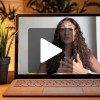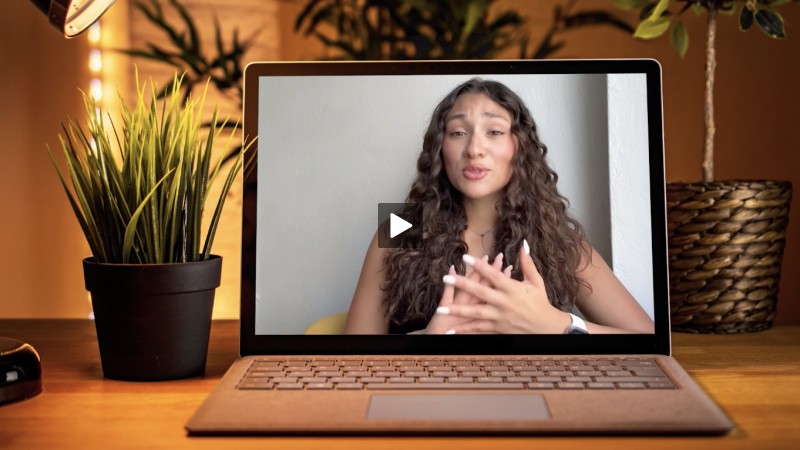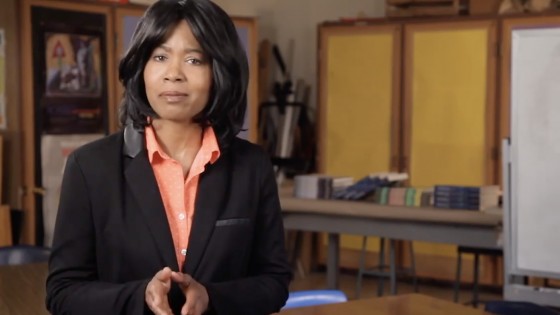Schooling Your Kids in Money Management
- Details
- Category: Articles

You talk to your kids about stuff that's important to their upbringing: wearing a helmet, getting good grades, handling peer pressure, avoiding drug and alcohol abuse.
Adults are having a hard enough time being responsible with their spending and borrowing habits, so giving your children the right tools from an early age is essential to a smart future.
Yet money management and fiscal responsibility are often absent from the list.
T. Rowe Price's tenth annual Parents, Kids & Money Survey found that 66% of parents have some reluctance to discuss money matters with their 8- to 14-year-old kids and only 15% of parents discuss money matters with their kids at least weekly.
While making life more convenient, debit cards, automated bill pay and online shopping all instantaneously withdraw money out of your account with the click of a button, without a second thought.
Adults are having a hard enough time being responsible with their spending and borrowing habits, so giving your children the right tools from an early age is essential to a smart future.
It's time for parents speak up and help kids grow into responsible adults.
Check Out a Checking Account
Opening a checking account for your child at a credit union is a great way to show them how to keep their budget in check.
Managing an account together helps them learn how to take responsibility for their monetary actions while providing them with a supervised safety net.
The age requirement to open a "youth" checking account varies with different credit unions, ranging from 13 to 18, and many credit unions offer youth programs designed to walk parents and teens through the process.
The Key to the Account: The Debit Card
A debit card is a practical financial tool to help your kid get acquainted with having access to a limited amount of money in their checking account...
"A debit card is nothing more than a plastic check," says Ann Babiak, who served on the National Youth Involvement Board. "By teaching that concept, it's just another way to withdraw money from your checking account and it also needs to be tracked."
Kids should understand that a debit card looks like a credit card but withdraws cash from money already in a checking account instead of taking out a loan. It also takes a few days for deposits to register in a checking account and for the money to be available to withdraw.
Babiak points out that there can be a cost associated with using a debit card if kids aren't thinking before they swipe..
"Kids need to know that if you're paying for a charge, you pay for that convenience unless you're using a credit union ATM or your bank's ATM."
How to Be Safe
A debit card may look like just a piece of plastic to your teen, but parents should stress that being careless with it can wreak havoc on their financial future.
While kids are sharing everything through Facebook and Twitter, stress the importance of keeping account information and their debit card PIN confidential—anyone who knows it has access to their money.
If the card is lost or stolen, parents can guide their kids through the process of reporting it as quickly as possible.
The FTC site explains specific situations in which you and your child will be liable for any unauthorized use. You should also go over the dangers of identity theft, which is a huge issue for children.
In the case that your kid overdraws their account and finds themselves in a financial bind, it's a personal parenting issue about what to do: bail them out or let them sink.
But remember, you were once young and naïve—help them understand the lesson learned and warn them that next time, you might not be there to save them.
FoolProof Tips for Parents
Talk to your children about the importance of money management early and often.
Go get a checking account together and go over how it works with a credit union employee.
Talk about the logistics of responsibly operating a debit card—money in, money out. Don't spend money you don't have in the account.
Stress the importance of protecting privacy. It can create a financial and legal mess if they are negligent with their PIN or account information.
Talk about the steps to take if the card is lost or stolen and the dangers of identity theft.
If they make a mistake, be understanding. Give them a safe place to fall but let them see the lesson as well.
To give kids a test drive before handing over the plastic, our free FoolProof Solo program offers modules that let you check their progress on understanding the risks associated with managing a checking account, debit card, and more.
There are no magic words to make kids automatically understand and value money management, but the lessons parents give them over the course of their lives can help with the learning process. Providing advice and tools to handle their funds doesn't just add up to dollars—it makes sense.
Good luck!































